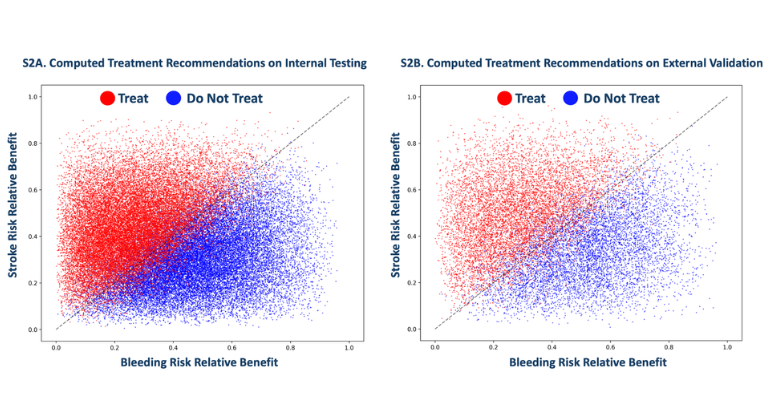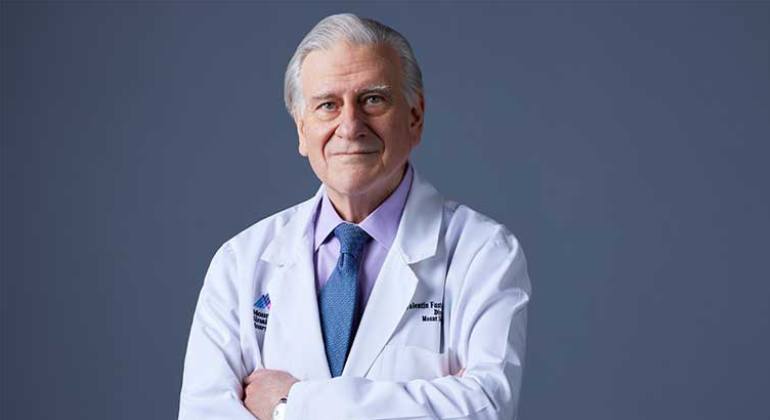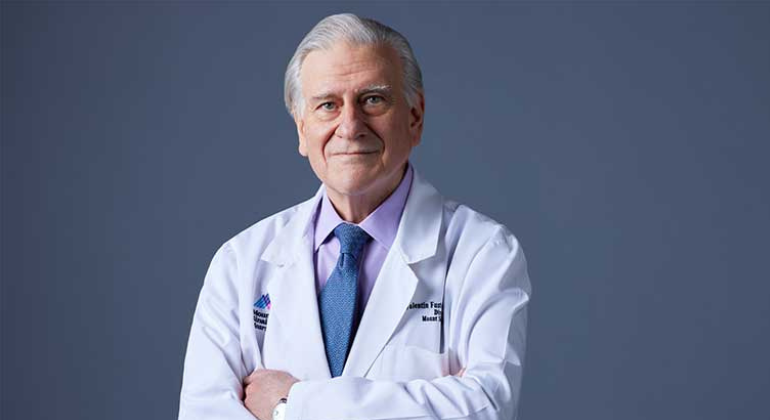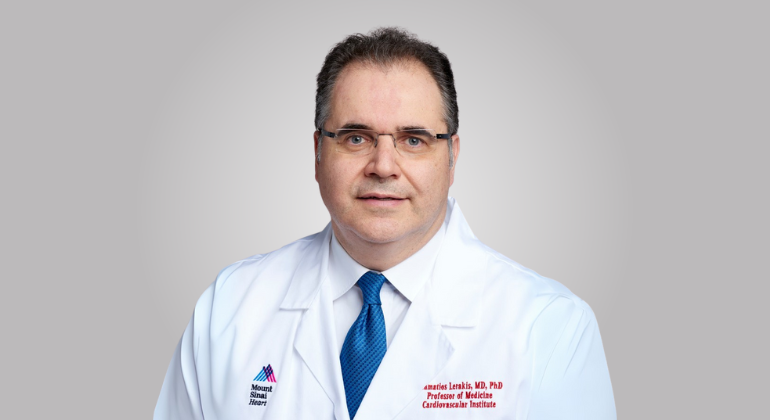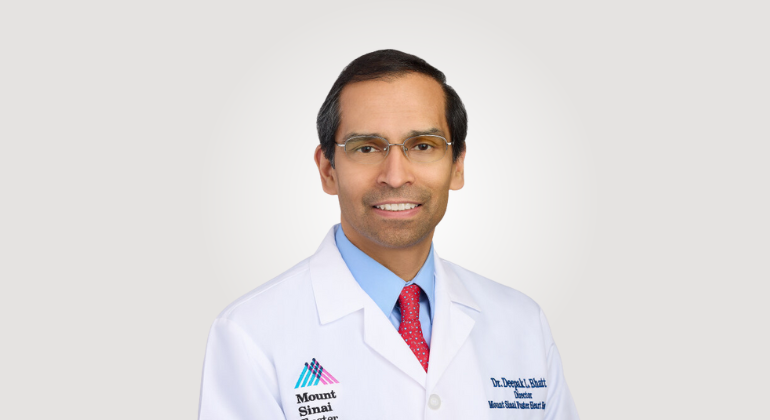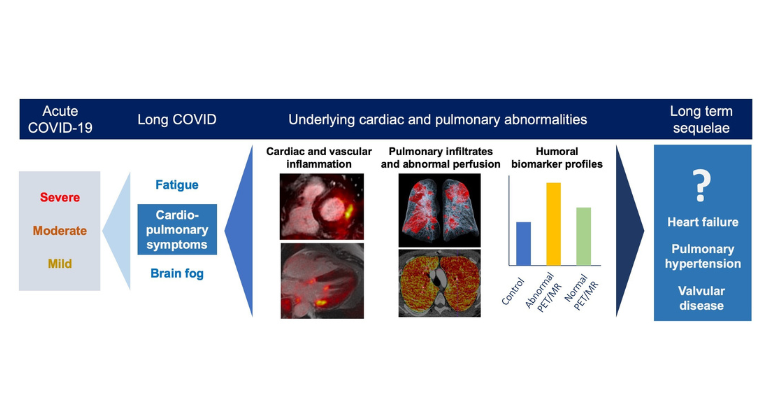HIMSS "Stage 6" Recognition Places Mount Sinai in Top 4.5 Percent of U.S. Hospitals for Electronic Medical Record Adoption
Only 237 of the more than 5,300 U.S. hospitals tracked by HIMSS Analytics has reached Stage 6.
The Mount Sinai Hospital has been recognized by HIMSS Analytics for reaching "Stage 6" status on the HIMSS Electronic Medical Record Adoption Model℠ (EMRAM). As of October 2011, only 237 of the more than 5,300 U.S. hospitals tracked by HIMSS Analytics had reached Stage 6 on EMRAM. Stage 7 is the highest level attainable.
HIMSS Analytics is a wholly owned not-for-profit subsidiary of the Healthcare Information and Management Systems Society (HIMSS) that collects and analyzes healthcare data related to IT processes and environments, products, IS department composition and costs, IS department management metrics, healthcare trends and purchase-related decisions.
HIMSS Analytics developed the EMR Adoption Model in 2005 as a methodology for evaluating the progress and impact of electronic medical record systems for hospitals in the HIMSS Analytics™ Database. Hospitals can track and review the implementation and utilization of information technology applications with the intent of reaching Stage 7, which represents an advanced electronic patient record environment.
"The 'Stage 6' designation reflects Mount Sinai Medical Center’s commitment to the highest levels of patient safety and quality care in our electronic medical record adoption," said Kristin Myers, Vice President of Information Technology, EPIC Clinical Transformation Group. "Mount Sinai will be pursuing 'Stage 7' designation with the rollout of full physician documentation in 2012."
"HIMSS Analytics congratulates The Mount Sinai Hospital for leading the way toward health IT adoption," said John Hoyt, FACHE, FHIMSS, Executive Vice President, Organizational Services, for HIMSS. "Stage 6 represents a level of sophistication that only 237 US hospitals have reached to date."
The Mount Sinai Hospital – one of the nation’s oldest, largest and most respected hospitals, with nearly 60,000 inpatients and 560,000 outpatient visits in 2010 – has invested $100 million in its transition to electronic medical records, choosing Epic Systems as its main vendor. The state-of-the-art clinical information system provides an integrated medical record that incorporates the records of a patient’s visit, ranging from Ambulatory Services to the Emergency Department to Inpatient Services. The rollout has been accompanied by a large-scale training effort for staff and faculty.
HIMSS states that its "Stage 6" designation indicates that a hospital:
- Has made significant executive commitments and investments to reach this stage;
- Appears to have a significant advantage over competitors for patient safety, clinician support, clinician recruitment, and competitive marketing for both consumers and nurse recruitment;
- Has almost fully automated/paperless medical records when implementing its information technology applications across most of the inpatient care settings;
- Is either starting to evaluate data for care delivery process improvements or has already documented significant improvements in this area;
- Has made investments that are within reach of most hospitals and recognizes the strategic value of improving patient care with electronic medical records;
- Has begun to create strategic alignments with its medical staff to effectively utilize information technology to improve the patient safety environment; and
- Is well positioned to provide data to key stakeholders, such as payers, the government, physicians, consumers, and employers, to support electronic health record environments and health information exchanges.
Stage 6 hospitals also have achieved a significant advancement in their IT capabilities that positions them to successfully address many of the current industry transformations, such as meaningful use criteria in the American Recovery and Reinvestment Act, claims attachments for the Health Insurance Portability and Accountability Act, pay for performance, and government quality reporting programs.
Bruce J. Darrow, MD, PhD, Assistant Professor, Medicine, Cardiology, Mount Sinai School of Medicine, is Mount Sinai’s "Inpatient Physician Champion" for its electronic medical records implementation, and a member of the Inpatient Physician Advisory Committee, a group of 15 providers including voluntary staff, nurse practitioners, and physician assistants who meet weekly to review the functionality of Mount Sinai’s electronic medical records system.
"There’s going to be a fundamental change in the way that we take care of patients at Mount Sinai, and everyone has a stake in it," said Dr. Darrow. "The degree of cooperation among doctors, nurses, pharmacists, and ancillary staff is amazing. Mount Sinai is really going out if its way to create a system that is state-of-the-art."
Most recently, the Epic Inpatient Electronic Medical Record implementation project also won the PMI New York City Project of the Year Award. PMI (Project Management Institute) is the world’s leading not-for-profit membership association for the project management profession, with more than half a million members and credential holders in more than 185 countries. PMI’s worldwide advocacy for project management is supported by globally-recognized standards and credentials, extensive research program, and professional development opportunities.
The purpose of the PMI New York City Project of the Year Award is to recognize, honor, and publicize the accomplishments of the PMI NYC Project of the Year, and the Project Team involved, for superior performance and execution of an exemplary project.
The winning project had to meet or exceed Owner/Client’s needs, schedule and budget while demonstrating the complexity of the project and unusual conditions, issues and barriers requiring special project team action and performance. The winner was announced at PMI NYC 25th Anniversary Dinner on October 26th in lower Manhattan. Daniel Katselnik, Project Manager from the Epic Clinical Transformation Group, was on hand to receive the award.
About The Mount Sinai Medical Center
The Mount Sinai Medical Center encompasses both The Mount Sinai Hospital and Mount Sinai School of Medicine. Established in 1968, Mount Sinai School of Medicine is one of the leading medical schools in the United States. The Medical School is noted for innovation in education, biomedical research, clinical care delivery, and local and global community service. It has more than 3,400 faculty in 32 departments and 14 research institutes, and ranks among the top 20 medical schools both in National Institutes of Health (NIH) funding and by U.S. News & World Report.
The Mount Sinai Hospital, founded in 1852, is a 1,171-bed tertiary- and quaternary-care teaching facility and one of the nation’s oldest, largest and most-respected voluntary hospitals. In 2011, U.S. News & World Report ranked The Mount Sinai Hospital 16th on its elite Honor Roll of the nation’s top hospitals based on reputation, safety, and other patient-care factors. Of the top 20 hospitals in the United States, Mount Sinai is one of 12 integrated academic medical centers whose medical school ranks among the top 20 in NIH funding and US News & World Report and whose hospital is on the US News & World Report Honor Roll. Nearly 60,000 people were treated at Mount Sinai as inpatients last year, and approximately 560,000 outpatient visits took place.
For more information, visit http://www.mountsinai.org.
Find Mount Sinai on:
Facebook: http://www.facebook.com/mountsinainyc
Twitter @mountsinainyc
YouTube: http://www.youtube.com/mountsinainy
About the Mount Sinai Health System
Mount Sinai Health System is one of the largest academic medical systems in the New York metro area, with 48,000 employees working across seven hospitals, more than 400 outpatient practices, more than 600 research and clinical labs, a school of nursing, and a leading school of medicine and graduate education. Mount Sinai advances health for all people, everywhere, by taking on the most complex health care challenges of our time—discovering and applying new scientific learning and knowledge; developing safer, more effective treatments; educating the next generation of medical leaders and innovators; and supporting local communities by delivering high-quality care to all who need it.
Through the integration of its hospitals, labs, and schools, Mount Sinai offers comprehensive health care solutions from birth through geriatrics, leveraging innovative approaches such as artificial intelligence and informatics while keeping patients’ medical and emotional needs at the center of all treatment. The Health System includes approximately 9,000 primary and specialty care physicians and 10 free-standing joint-venture centers throughout the five boroughs of New York City, Westchester, Long Island, and Florida. Hospitals within the System are consistently ranked by Newsweek’s® “The World’s Best Smart Hospitals, Best in State Hospitals, World Best Hospitals and Best Specialty Hospitals” and by U.S. News & World Report's® “Best Hospitals” and “Best Children’s Hospitals.” The Mount Sinai Hospital is on the U.S. News & World Report® “Best Hospitals” Honor Roll for 2025-2026.
For more information, visit https://www.mountsinai.org or find Mount Sinai on Facebook, Instagram, LinkedIn, X, and YouTube.
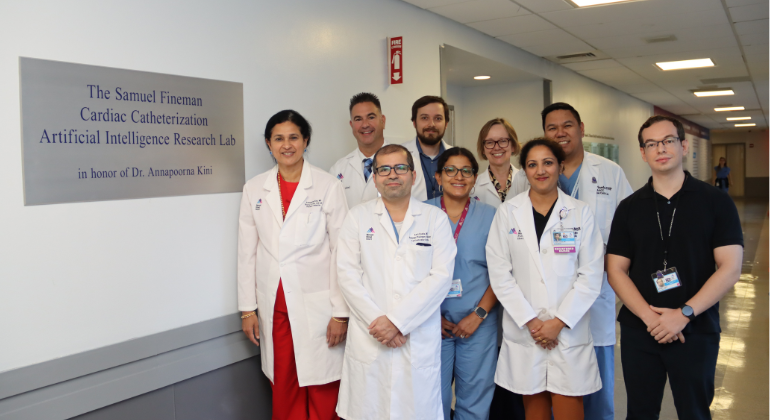
Mount Sinai Launches Cardiac Catheterization Artificial Intelligence Research Lab
Sep 15, 2025 View All Press Releases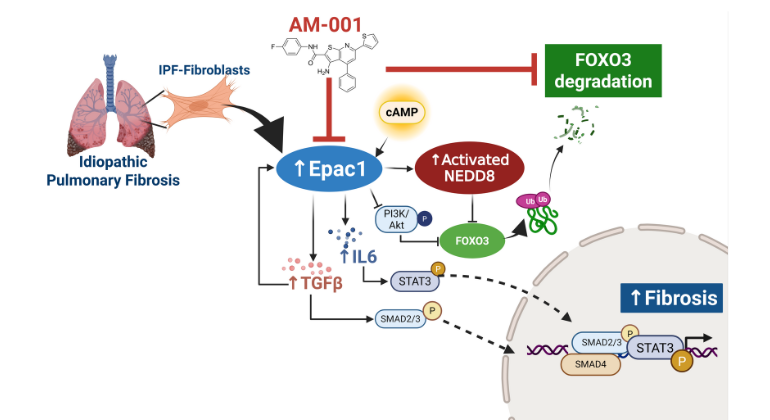
Blocking a Little-Known Protein May Offer New Hope for Devastating Lung Disease
Jul 15, 2025 View All Press Releases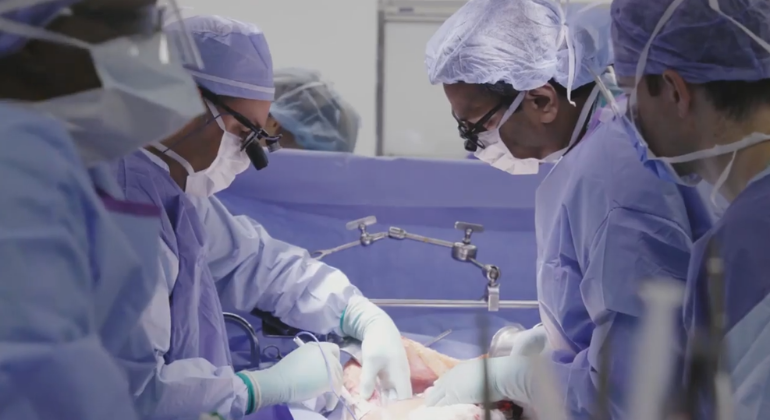
Mount Sinai Surgeons Perform First Heart-Liver-Kidney Transplants in New York State
May 20, 2025 View All Press Releases